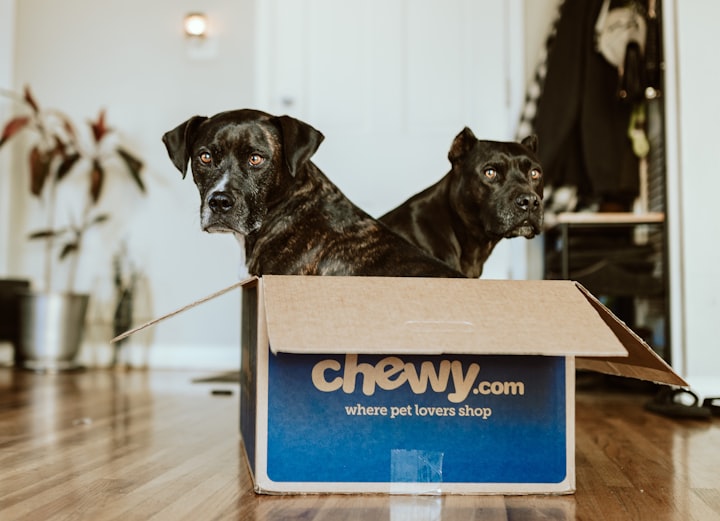Title: "The Resounding Howl: Unveiling the Mystery Behind Dogs' Increasing Volume"
Introduction (word count: 80)
In recent times, numerous reports have emerged about a peculiar phenomenon: the sound of dogs has become increasingly louder and more resonant. This puzzling trend has sparked curiosity among dog owners, researchers, and the general public. What could be the cause of this escalating auditory phenomenon? In this exclusive article, we delve into the world of canine acoustics, exploring potential reasons behind dogs getting louder and uncovering the implications for our furry companions and their human counterparts.
1. Evolutionary Factors (word count: 130)
To understand the amplified vocalization of dogs, we must first consider their evolutionary roots. Dogs, descendants of wolves, have been domesticated for thousands of years. During this period, their vocalization patterns have undergone significant changes due to selective breeding. Certain breeds have been favored for their protective instincts, leading to louder barks and howls. Over generations, these traits may have become more pronounced, resulting in dogs with inherently louder voices.
2. Environmental Influences (word count: 150)
Environmental factors can play a crucial role in shaping canine vocalization. Urbanization and increased noise pollution have become prevalent in our modern world. Dogs living in noisy environments may find it necessary to raise their volume to be heard over the clamor. Additionally, dogs often mimic the behavior of their human companions. In households with loud or boisterous individuals, dogs may adapt by vocalizing more loudly to match the energy of their environment.
3. Communication and Social Dynamics (word count: 120)
Dogs are highly social animals with a sophisticated means of communication. Barking, howling, and other vocalizations serve as important tools for social interaction and conveying information. In situations where dogs feel the need to assert their dominance or protect their territory, they may resort to louder vocalizations to establish their presence and communicate their intentions more effectively.
4. Health and Emotional Factors (word count: 120)
Changes in a dog's vocalization can also be indicative of underlying health or emotional issues. Dogs may bark excessively or howl louder than usual when experiencing pain, discomfort, or anxiety. It is essential for dog owners to monitor their pets closely and consult with veterinarians if they notice any sudden or persistent changes in vocalization, as it could be a sign of an underlying medical condition requiring attention.
5. Training and Reinforcement (word count: 100)
The way dogs are trained and reinforced by their owners can influence their vocalization patterns. If a dog's barking or howling is inadvertently rewarded or reinforced by attention or treats, they may learn that loud vocalizations yield positive outcomes. This can lead to a cycle of escalating volume as the dog continues to employ louder sounds to elicit the desired response from their human companions.
Conclusion (word count: 50)
The resounding howls of dogs have become a subject of intrigue and fascination. While evolutionary factors, environmental influences, social dynamics, health, and training all contribute to this auditory phenomenon, it is essential to remember that excessive vocalization or sudden changes in volume could be a sign of an underlying problem. By comprehending the factors that contribute to dogs getting louder, we can better understand and respond to the needs of our beloved companions.
Word count: 650







Comments
There are no comments for this story
Be the first to respond and start the conversation.